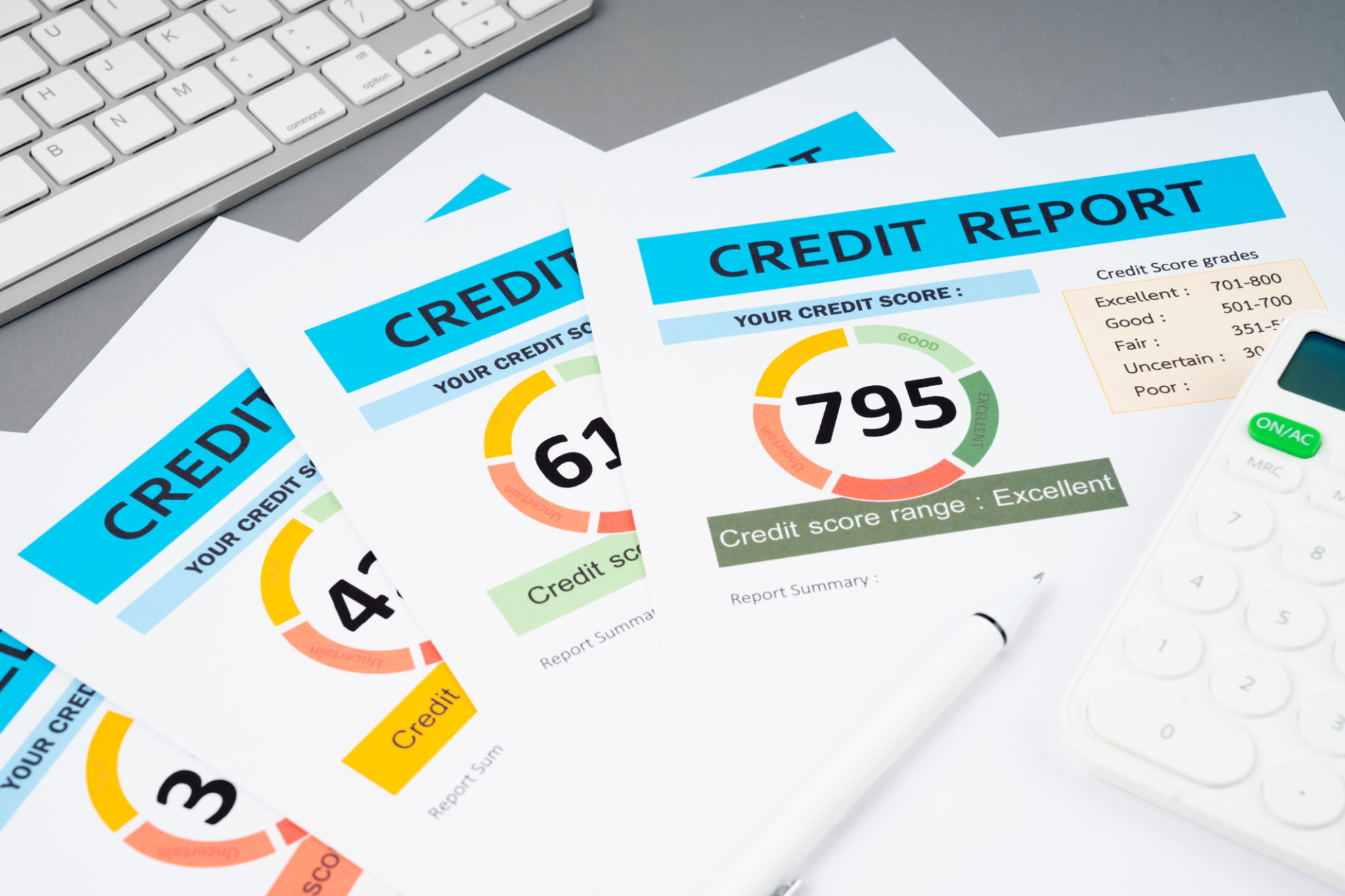The Impact of Credit Scores on Loan Approval: What You Need to Know
Understanding Credit Scores
Your credit score is a crucial factor that lenders evaluate when determining your eligibility for loans. This numerical expression, typically ranging from 300 to 850, provides insight into your creditworthiness. A higher credit score suggests that you have a history of managing credit responsibly, while a lower score indicates potential risks to lenders.

The Role of Credit Scores in Loan Approval
When you apply for a loan, whether it be a mortgage, auto loan, or personal loan, lenders assess your credit score to gauge the risk associated with lending to you. A strong credit score can open doors to favorable loan terms, such as lower interest rates and higher borrowing limits. Conversely, a poor credit score might limit your options and result in higher interest rates.
Lenders generally categorize credit scores into the following brackets:
- Excellent: 750 and above
- Good: 700-749
- Fair: 650-699
- Poor: 600-649
- Very Poor: below 600
How Credit Scores Are Calculated
Understanding how your credit score is calculated can empower you to make informed financial decisions. Credit scores are derived from several factors:
- Payment History: Your record of on-time payments is the most significant factor.
- Credit Utilization: This measures how much of your available credit you're using.
- Length of Credit History: A long credit history can positively impact your score.
- New Credit Inquiries: Frequent applications for new credit can lower your score.
- Credit Mix: A diverse mix of credit accounts can be beneficial.

Improving Your Credit Score
If you're aiming to improve your credit score, there are several strategies you can implement. Begin by ensuring all your bills are paid on time, as payment history has the most significant impact on your score. Additionally, aim to keep your credit utilization below 30% of your total available credit. Regularly check your credit report for errors and dispute any inaccuracies you find.
Building a diverse credit portfolio and refraining from opening too many new accounts in a short period can also contribute positively to your score. Over time, these actions can help enhance your creditworthiness and increase your chances of loan approval.
The Consequences of a Low Credit Score
A low credit score not only affects your ability to secure loans but also impacts various aspects of your financial life. You may face higher interest rates on loans and credit cards, resulting in more expensive debt over time. Additionally, some landlords and insurers review credit scores when considering lease approvals or determining premiums, potentially affecting your housing and insurance costs.

Conclusion: Taking Control of Your Financial Future
Your credit score plays a pivotal role in shaping your financial future. By understanding its impact on loan approvals and actively working to improve it, you can secure better financial opportunities. Take control by monitoring your score regularly and adopting responsible financial habits, ensuring that when the time comes to apply for a loan, you're in the best possible position to receive favorable terms.
